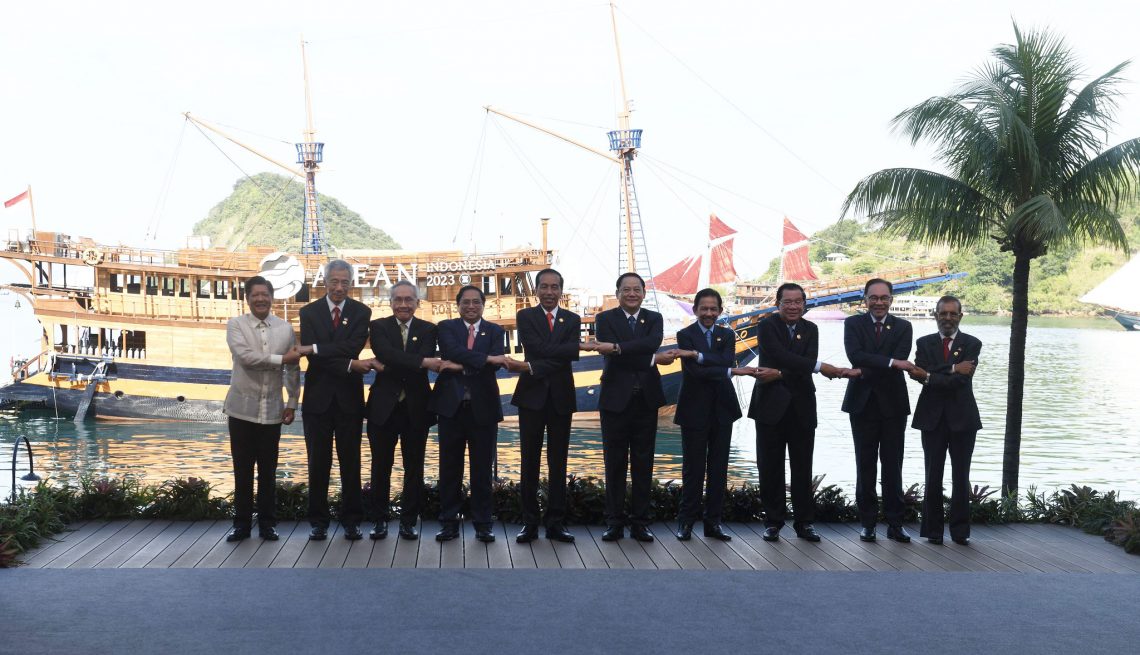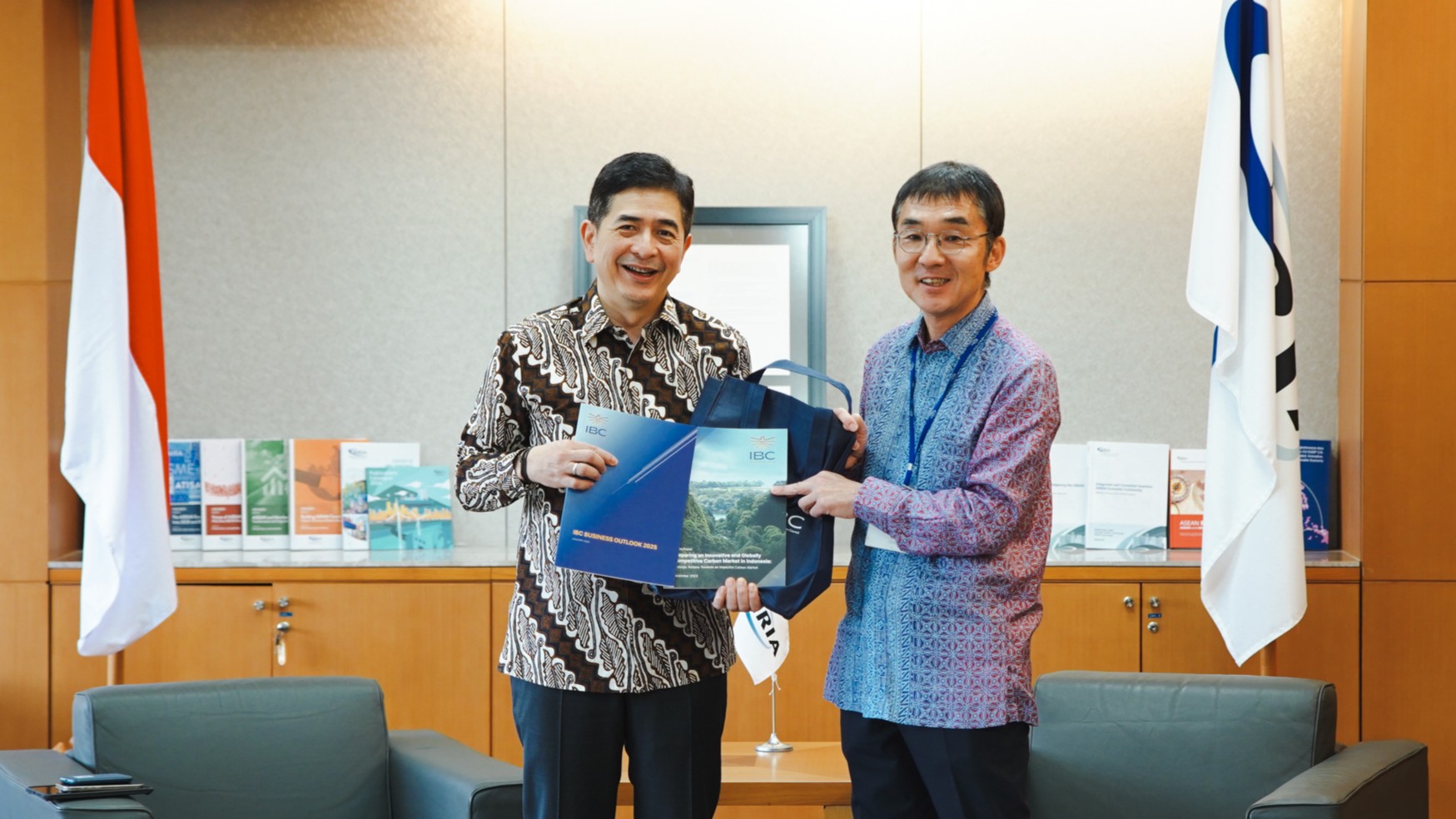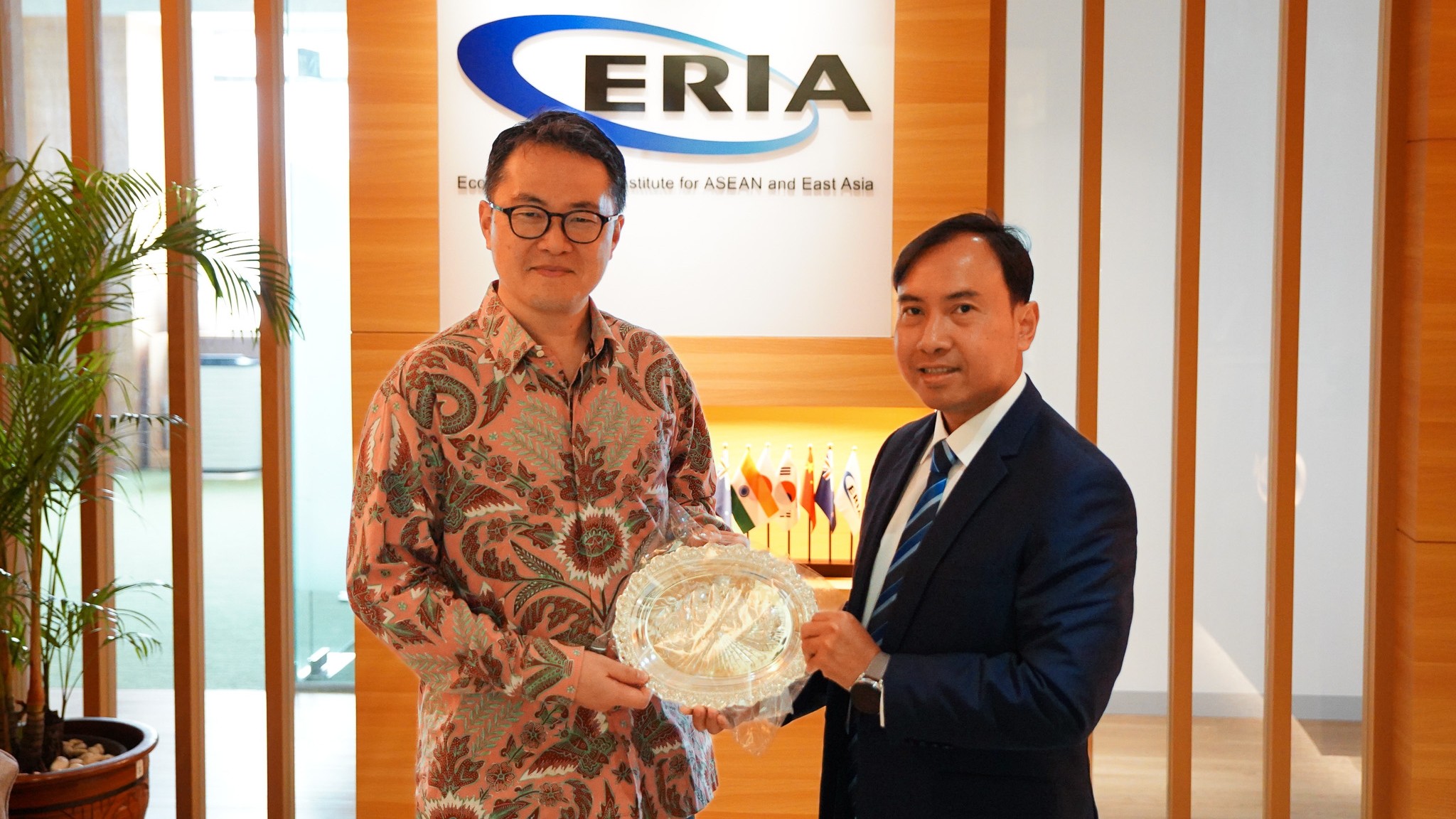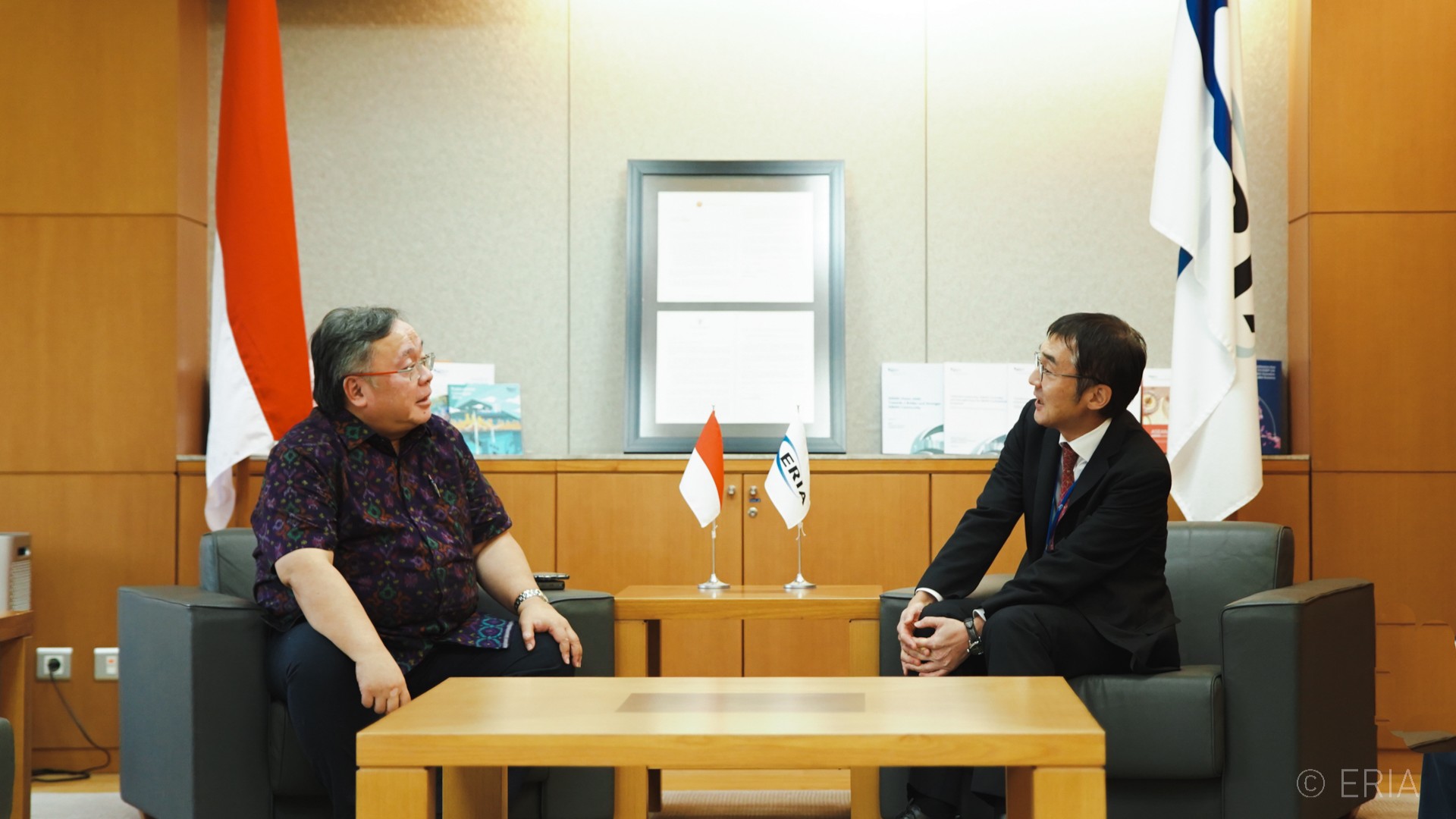ASEAN Welcomes Friendly Japan-ROK Ties
Date:
10 May 2023Category:
OpinionsTopics:
-Share Article:
Print Article:
By Mr Kavi Chongkittavorn, Senior Communications Advisor: The region’s two economic giants’ recent steps on the road to recovery, in terms of their friendship and cooperation, come as welcome news for ASEAN members as their leaders gather in Indonesia. Japan and the Republic of Korea (ROK), along with China, are members of the so-called ASEAN Plus Three (APT) group. The APT have been the major driving force behind ASEAN integration and economic progress and have also assisted the bloc in all aspects of bilateral cooperation.
After a hiatus, which has lasted more than a decade, Japan and the ROK are moving quickly to make up for the lost 12 years, which have already damaged their mutual interests and bilateral cooperation in unmeasurable ways. Their strained ties have directly impacted the security and stability in the Korean Peninsula, which has bolstered North Korea’s ongoing efforts to become a full-blown nuclear power.
Both Japanese Prime Minister Fumio Kishida and ROK President Yoon Suk-yeol deserve credit for their joint efforts to improve their troubled relations. During the previous administration, the ROK adopted a very tough approach towards wartime issues, especially those related to compensation. When Yoon took over last year, the rapprochement with Japan began in earnest. Yoon visited Japan recently and vowed to improve ties, without waiting for historical issues to be resolved.
It is important to note that the two countries have moved quickly to restore their relationship by rolling back security and economic sanctions and other measures against each other. Most importantly, the renewed cooperation under the General Security of Military Information Agreement (GSOMIA) deal is pivotal to the peninsula’s security. The US helped to mediate the Japan-ROK ties and pushed for the resumption of the GSOMIA. The tripartite arrangement has been one of the cornerstones of US strategic engagement in Northeast Asia.
This year is an important one for Japan and the ROK in their relations with ASEAN. Japan will become the fifth country to be given comprehensive strategic partnership (CSP) status later this year, as both parties mark the 50th anniversary of diplomatic relations. Japan has already signed a joint statement to synergise its Indo-Pacific strategy with the ASEAN Outlook on the Indo-Pacific. Tokyo will host a special summit with ASEAN’s leaders in December.
In a similar vein, the ROK has already indicated to ASEAN it would also like to be accorded CSP status next year, when Seoul celebrates 35 years of diplomatic relations with ASEAN. The Yoon administration reiterated this intention during the ASEAN-related summits in Phnom Penh last year.
At the ongoing summit in Labuan Bajo, Indonesia, relations with major powers, which are also dialogue partners, are being discussed. One important decision will be the bloc’s agreement to allow China to be the first nuclear power to sign the protocol of the Southeast Asia Nuclear Weapons Free Zone in September.
By the end of next year, five of the six CSP members will be from the Indo-Pacific, underscoring the strategic priorities of the ASEAN bloc.
This opinion piece was written by ERIA's Senior Communications Advisor, Mr Kavi Chongkittavorn, and has been published in Thai PBS World. Click here to subscribe to the monthly newsletter.
Disclaimer: The views expressed are purely those of the authors and may not in any circumstances be regarded as stating an official position of the Economic Research Institute for ASEAN and East Asia.
Photo Credit: ASEAN Secretariat








